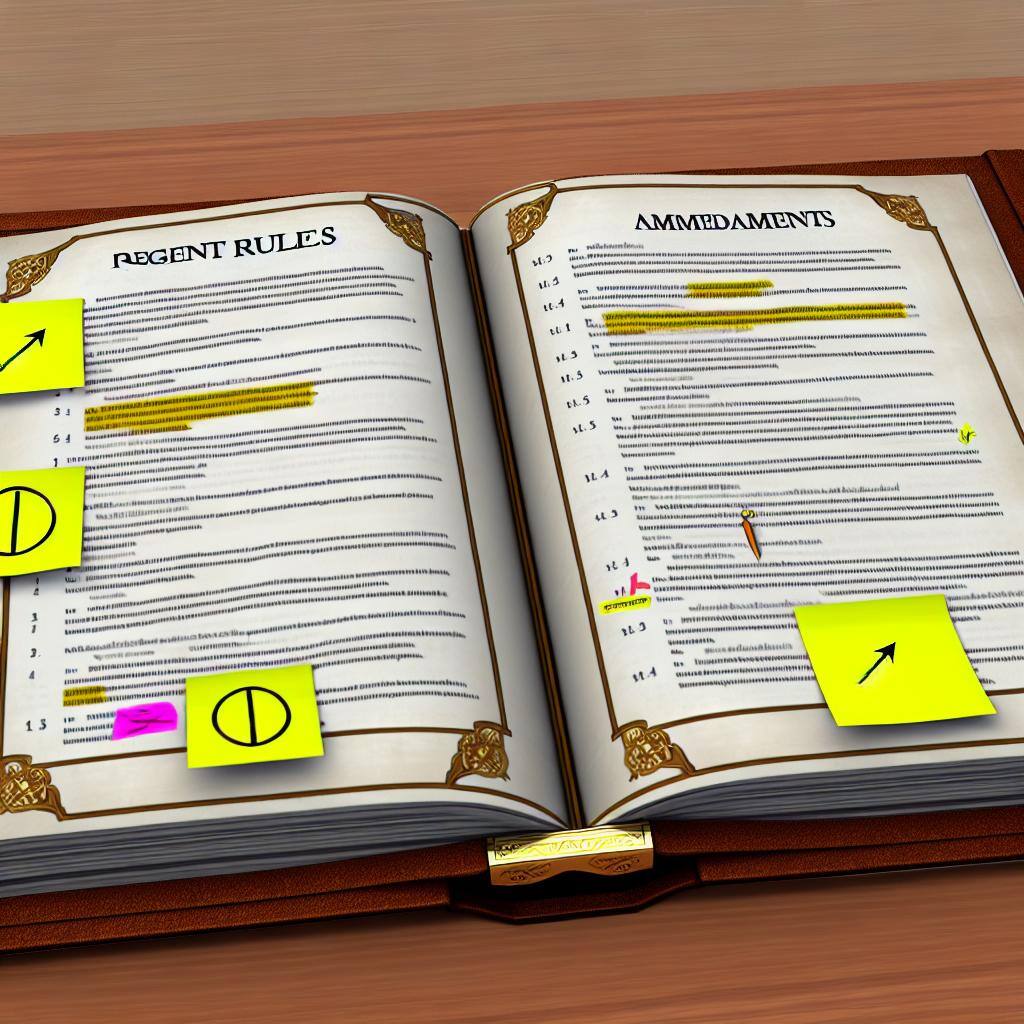Churchill v Merthyr Tydfil CBC [2023] EWCA Civ 1416
The Court of Appeal decision in Churchill v Merthyr Tydfil CBC confirmed that a court may stay proceedings for, or order, the parties to engage in a non-court-based dispute resolution process such as mediation. This power "must be exercised so that it does not impair the very essence of the claimant’s article 6 rights, in pursuit of a legitimate aim, and in such a way that it is proportionate to achieving that legitimate aim."
Background
The claimant and defendant owned adjoining land. The claimant sued the defendant in negligence alleging that Japanese knotweed had encroached onto his land from the council property causing damage to it and reducing its value. Before proceedings had commenced the council wrote to the claimant's solicitors asking why he had not made use of their Corporate Complaints Procedure. They said if he did not and proceedings were issued they would apply for a stay and costs. Proceedings were issued and the application followed.
At first instance the district judge dismissed the application saying:
he was bound to follow Dyson LJ’s statement in Halsey v. Milton Keynes General NHS Trust [2004] EWCA Civ 576, [2004] 1 WLR 3002 (Halsey) to the effect that: “to oblige truly unwilling parties to refer their disputes to mediation would be to impose an unacceptable obstruction on their right of
access to the court”.
Leave to appeal was granted and it was referred straight to the Court of Appeal due to important point of principle and practice and that there were many other similar cases.
Issues before the Court of Appeal
Sir Geoffrey Vos, the Master of the Rolls, identified 4 issues for the court to resolve and answered them in this way.- Did Halsey bind the judge at first instance?
No. The court held the passage in Halsey was not expressly or impliedly a necessary step in reaching the decision - was a refusal to mediate unreasonable - that was made in that case. So as a matter of law the first instance judge was not bound by it. - Can the court stay proceedings for, or order, a non-court-based dispute resolution process?
Yes. The Master of the Rolls confirmed it could adding "It is not disputed that, if the power exists, it must be exercised so that it does not impair the very essence of the claimant’s article 6 rights, in pursuit of a legitimate aim, and in such a way that it is proportionate to achieving that legitimate aim." Noting that "courts regularly adjourn hearings and trials to allow the parties to
discuss settlement. It would be absurd if they could not do so simply because
one of several parties, for example, resisted the adjournment." - How should the court decide whether to stay the proceedings or order parties to engage in non-court-based procedures?
No definitive guidance was given. The Court of Appeal did not think it should lay down "fixed principles" or "provide a checklist or a score sheet for judges to operate". Judges "will be well qualified to decide whether a particular process is or is not likely or appropriate for the purpose of achieving the important objective of bringing about a fair, speedy and cost-effective solution to the dispute and the proceedings, in accordance with the overriding objective." - Should the court have granted the Council's application fir a stay in this particular case?
Although noting that had the trial judge not felt bound by Halsey he clearly would have ordered a stay things had moved on considerably and "There is little point in doing so now, since nothing will be gained if a one-month stay were granted as the Council seeks."
So is mediation now compulsory?
The decision does not make mediation a compulsory step either pre or post issue of proceedings. What it does do is reverse the long held belief that a court could not order mediation. Parties may now apply for orders to compel reluctant parties to mediate and, given this judgment and the costs cases that followed Halsey, they can be reasonably confident the court will oblige.

 By
By

